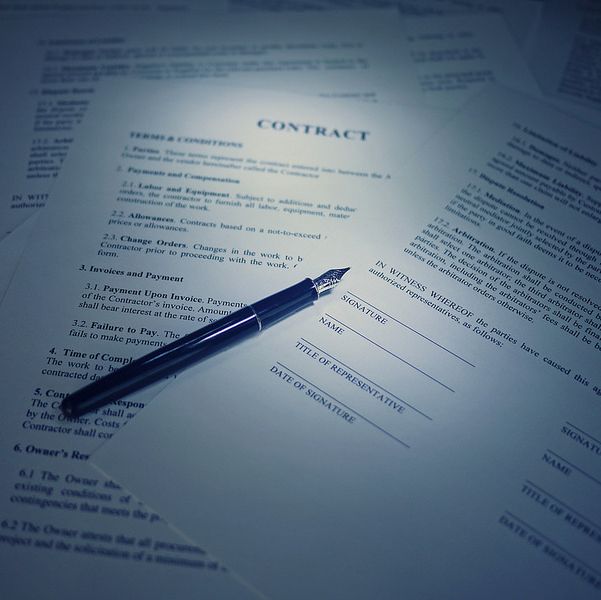Health Care Receivables
Resources
PATIENT FINANCIAL RESPONSIBILITY FOR
WORK-RELATED MEDICAL CARE
HOWARD R. MANILOFF, ESQUIRE
WORK-RELATED MEDICAL CARE
HOWARD R. MANILOFF, ESQUIRE
The first step in determining who should pay for treatment of an injury that is ostensibly work-related is to ask whether the injury is "compensable" under the Pennsylvania Workers' Compensation Act ("the Act"). In general, a medical provider may not seek payment from a patient if the injury for which the patient was treated is compensable. For compensable injuries, the provider must instead bill only the workers' compensation insurer.
An injury may be deemed to be compensable if the employer either acknowledges liability or if a workers' compensation judge determines that the injury is compensable. In most cases, the Act requires that, within 21 days after the employer receives notice of the employee's injury, the employer must either admit or deny liability. The employer usually does so by sending the employee a Notice of Compensation Payable, a Notice of Temporary Compensation Payable, or a Notice of Workers' Compensation Denial.(1) In other circumstances, the employer may use an "Agreement for Compensation for Disability or Permanent Injury" or an "Agreement for Compensation for Death."
In any event, if there is a question as to whether the injury is compensable, you should request copies of these documents from the employee and employer/insurer.(2) If they are not received within a reasonable period of time and the case does not fall within any of the exceptions referred to in footnote 1, the hospital may seek payment from the patient. Further, the fact that the employee has filed a Claim Petition contesting an employer's denial of a claim does not relieve the patient of responsibility. Unless and until a workers compensation judge rules in favor of the patient, the injury should be considered to be non-compensable and the patient is liable to the hospital.
However, there are situations in which, even though the injury is compensable, the employer/insurer is not obligated to pay. The most common of these is where, even though the compensability of an injury has been determined (either by admission of the employer or by a decision of a workers compensation judge), the employer asserts that the condition for which the patient was treated was not related to the compensable injury. For example, an employer may agree that an employee fractured his arm at work, but contend that arthritis that later developed in the arm was not caused by the fracture. In such cases, the employee has the burden of filing a petition to establish that the condition is related to the injury at work. And, unless and until a workers compensation judge rules in favor of the employee, the employee and the employee's health insurer may be billed.
The employer may also assert that, although the patient was treated for a compensable injury, the care rendered was not medically necessary or appropriate. The employer/insurer must do so by filing a Utilization Review Request within 30 days after the later of: (a) the date on which it receives the bill and medical report; or, (b) the date on which the compensability of the injury is accepted by the employer or determined by a workers' compensation judge. A Utilization Review Organization will decide whether the care was necessary or appropriate within 30 days after review was requested. Pending such a decision (and any appeals), the hospital may not bill the patient. Further, if Utilization Review determines that the care was not necessary or appropriate, the hospital may not seek payment from the patient or the employer/insurer.
- In some cases, an employer may be responsible for paying medical bills even though it is not required to give the employee any of these forms. For instance, if the employee misses less than 13 days from work or if the employee severs a finger, hand, arm, toe, foot, or leg, the employer may be liable even though the employer need not acknowledge or deny compensability in writing.
- If you have difficulty identifying the employer's insurer, you may write to: Claims Information Help Line, Bureau of Workers' Compensation, 1171 South Cameron Street, Room 103, Harrisburg, PA 17104-2501. Include the employer's name and address and the date of injury.





